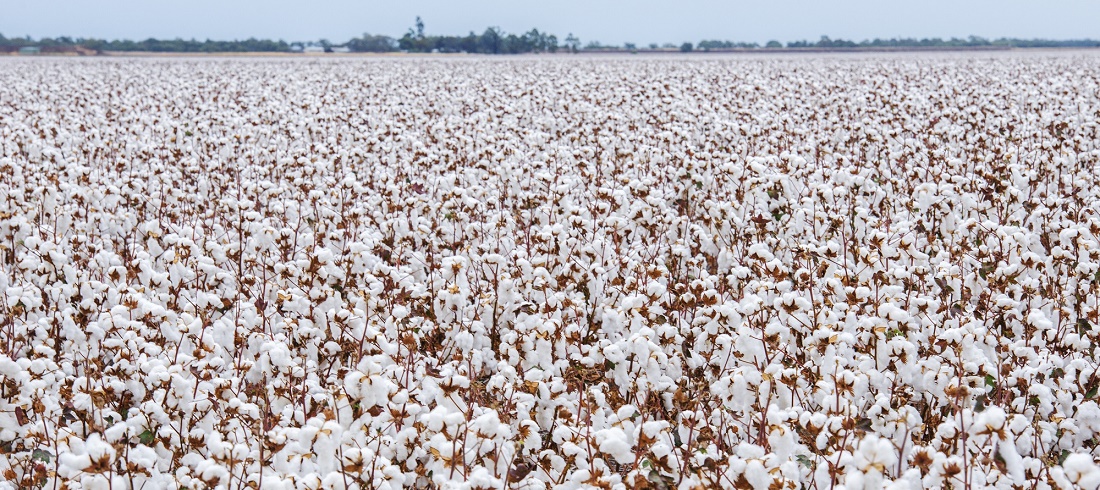
Cotton: increased prices and difficulty in passing on costs lead to production cuts
May, 09, 2022 Posted by Gabriel MalheirosWeek 202220
Textile industries are cutting back on production due to high cotton prices, and the difficulty of passing on higher raw material costs up the supply chain, said Fernando Pimentel, the president of the Brazilian Textile and Apparel Industry Association (Abit). According to him, this is one of the “most serious” problems currently faced by the sector in Brazil and the world.
“We’ve heard reports of factory shutdowns in India and other Asian countries. In Brazil, companies are already having a difficult time paying the price of cotton and getting the final product to the consumer by passing on the increased costs,” said Pimentel.
According to him, the increase in cotton, which reached 37% in the year, was not fully transferred to the final consumer, whose budget was “squeezed” by food and energy inflation.
According to Pimentel, there are Brazilian companies that have interrupted or reduced production or are going to give collective vacations in a period when traditionally, this does not occur due to the situation of interrupted sales and increased costs. Pimentel did not estimate how much of the industry is currently affected but said that the impact was felt the hardest in activities involved in the spinning and weaving of heavier fabrics, which use more cotton in the composition.
See below the track record of Brazilian cotton exports from January 2021 to March 2022. These data are from Datamar’s DataLiner.
Brazilian Cotton Exports | Jan 2021 – Mar 2022 | WTMT
Source: DataLiner (click here to request a demo)
According to a survey by Cepea, the rise in foreign cotton prices and the dollar’s appreciation left the lint price in the country just 1.5% above the export parity on May 2. On a comparative note, in April, the advantage of domestic prices over export prices was 11.7%.
According to Pimentel, the most recent data on job creation from Caged, released last week, already reflects the industry’s difficulty. “In the last 12 months (until March), we generated 36,000 to 37,000 formal jobs, but in March 2022, we lost 500 jobs, and that loss was in textiles, not apparel,” he said.
Brazil has cotton as its primary raw material for producing jeans, bed linen, tablecloth, towels, and other household items. According to the president of Abit, importing cotton today would not be viable.
The beginning of the 2021/22 season harvest may boost the supply side. Still, Pimentel stressed that the price’s behavior would depend on how the world economy will progress, especially regarding futures and exchange rates.
Source: Canal Rural
To read the full original article, please go to:
-
Trade Regulations
Jun, 17, 2020
0
Federal government launches `Operation Asia` to combat foreign trade fraud worth billions
-
Grains
Sep, 02, 2022
0
Soybeans: Brazil exports total 6.161Mln tonnes in August
-
Grains
Nov, 12, 2024
0
Rice Exports Drop 40% in October, Says Abiarroz
-
Economy
May, 10, 2023
0
Brazil opens 18 markets in the first months of 2023

